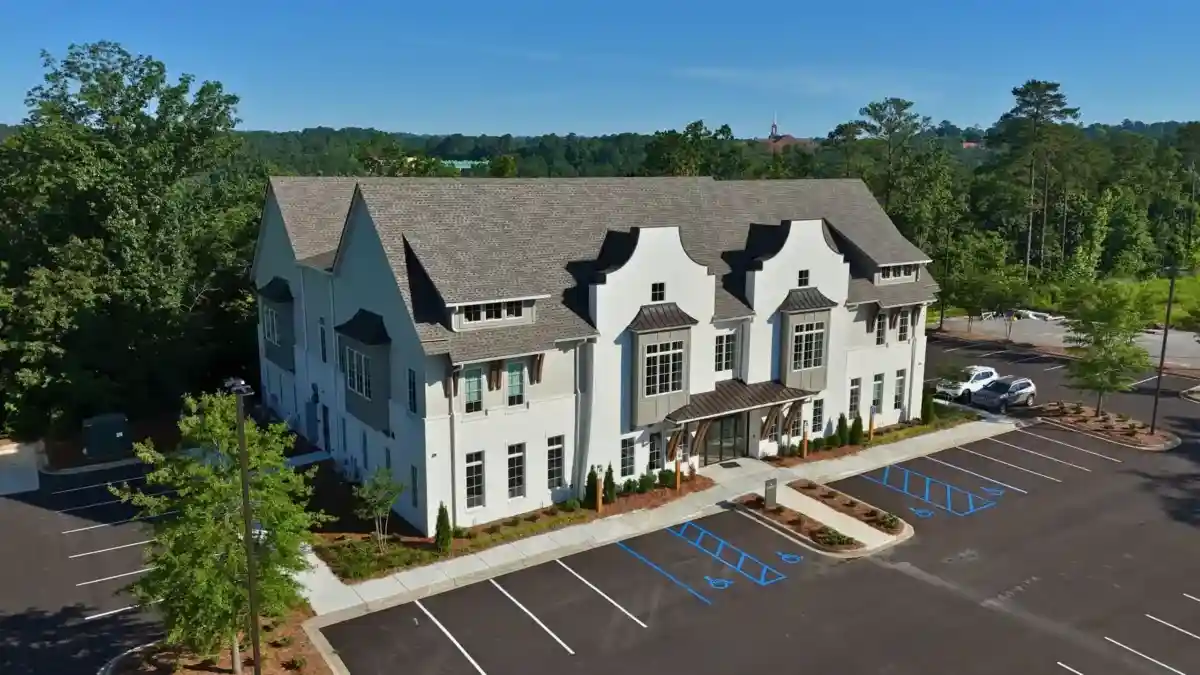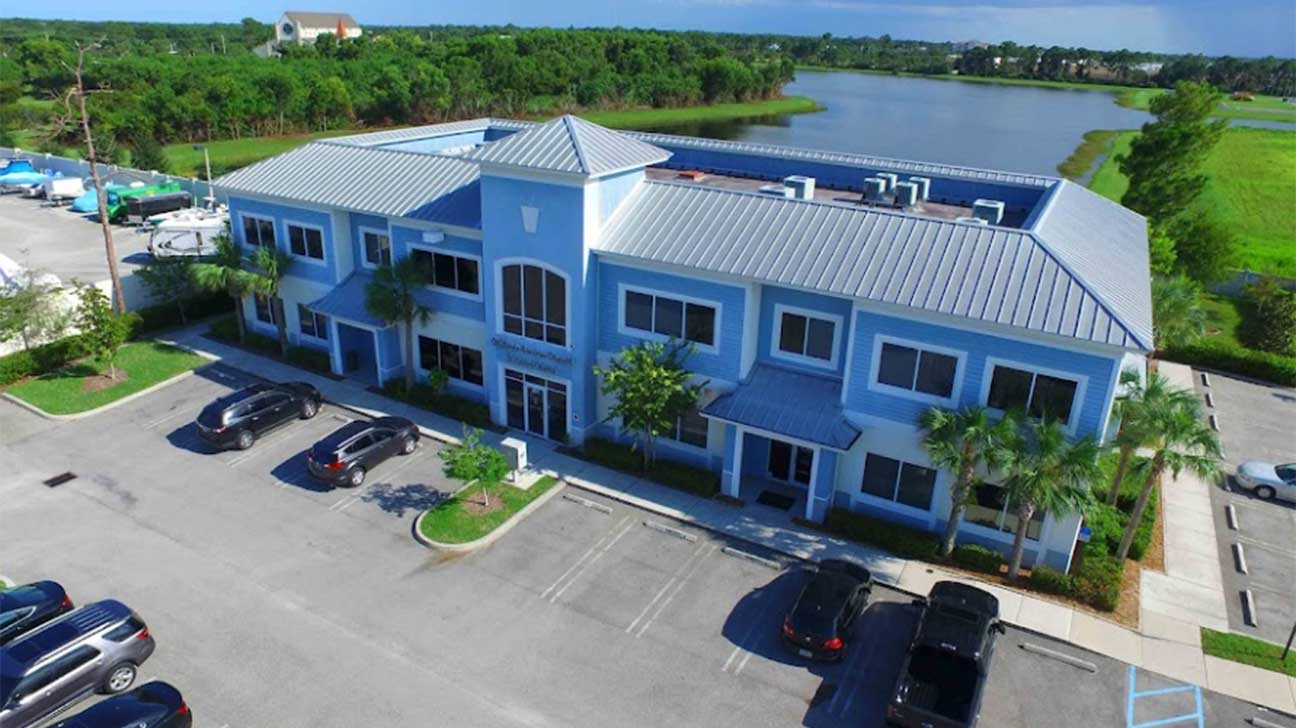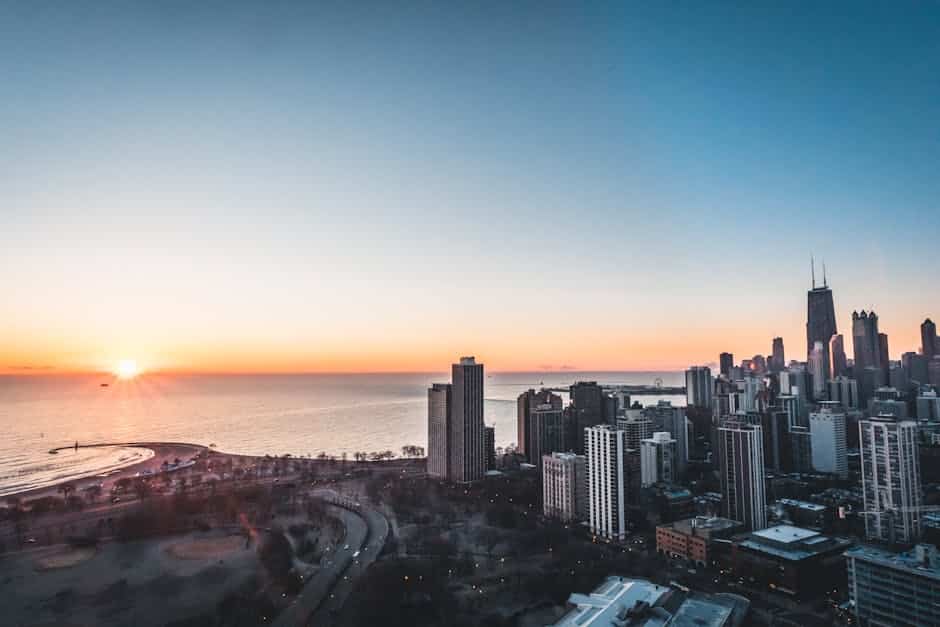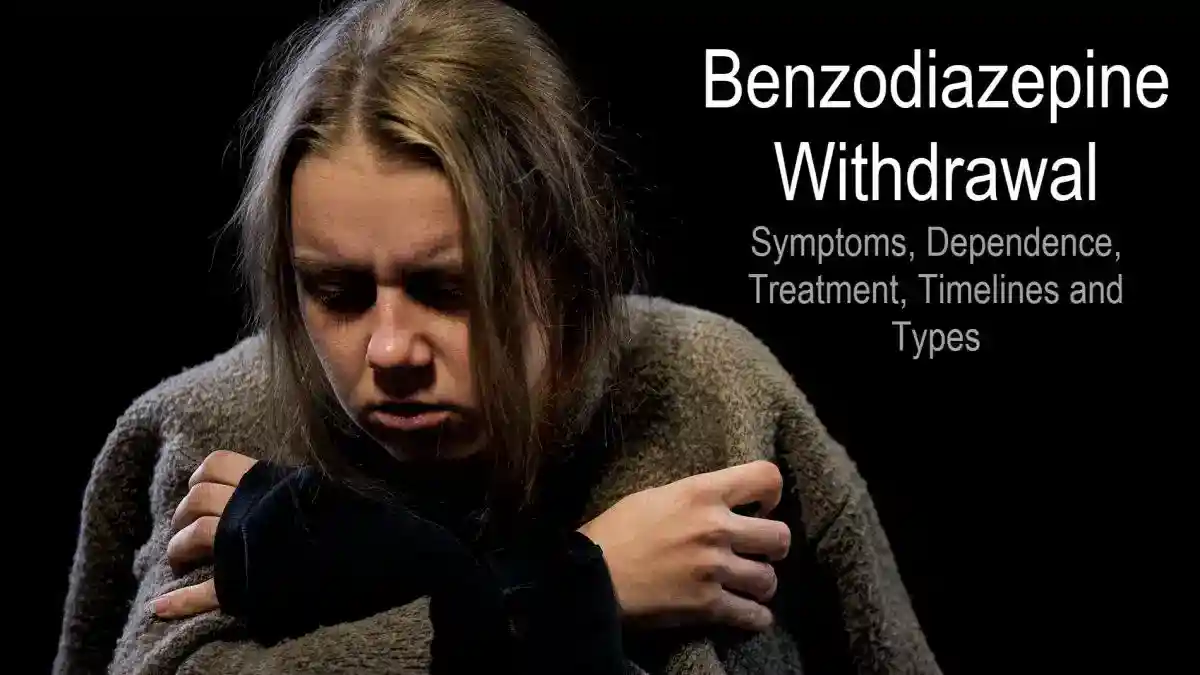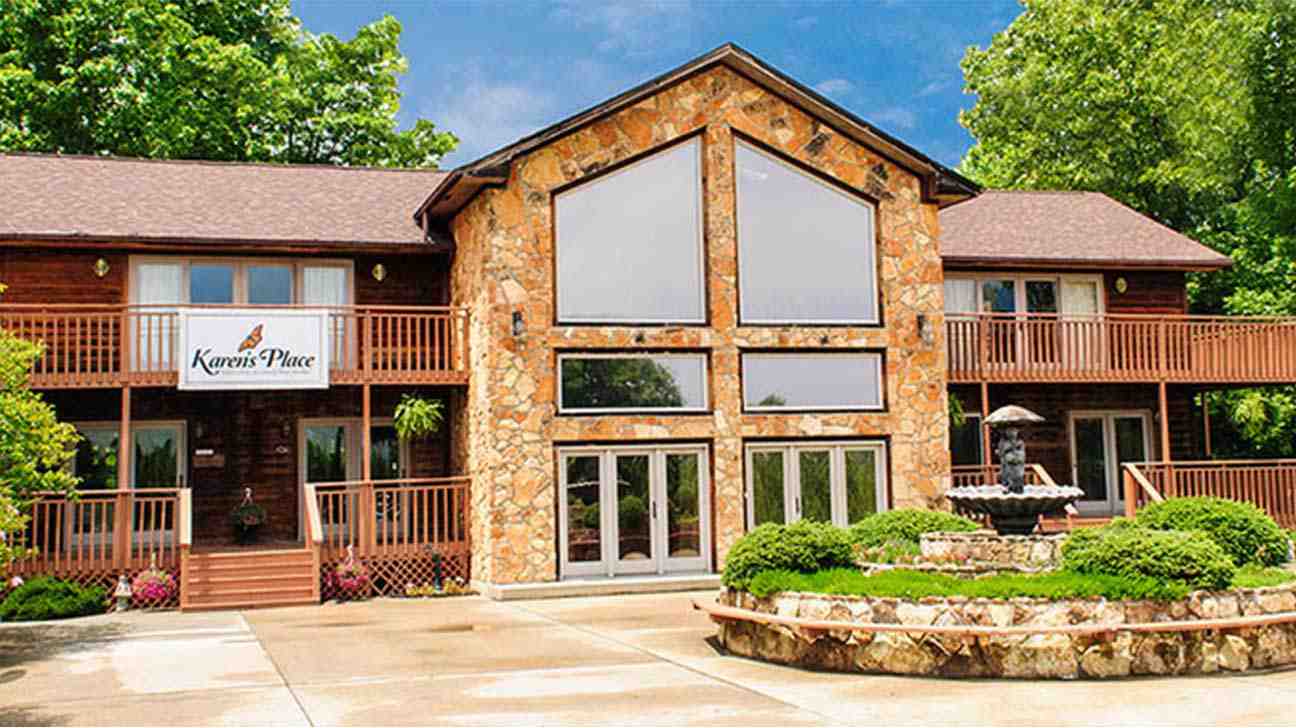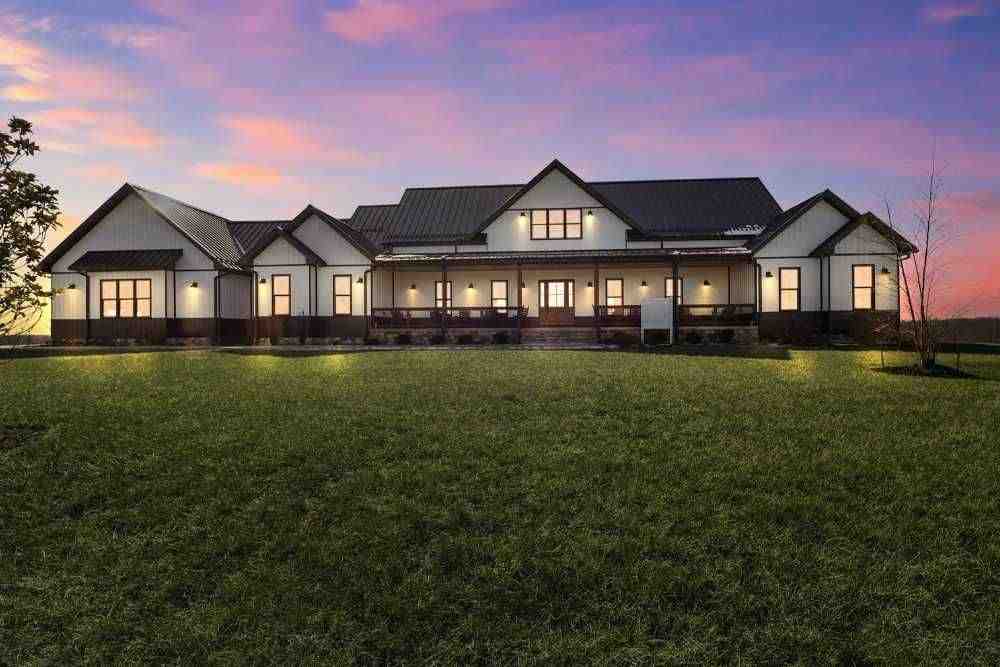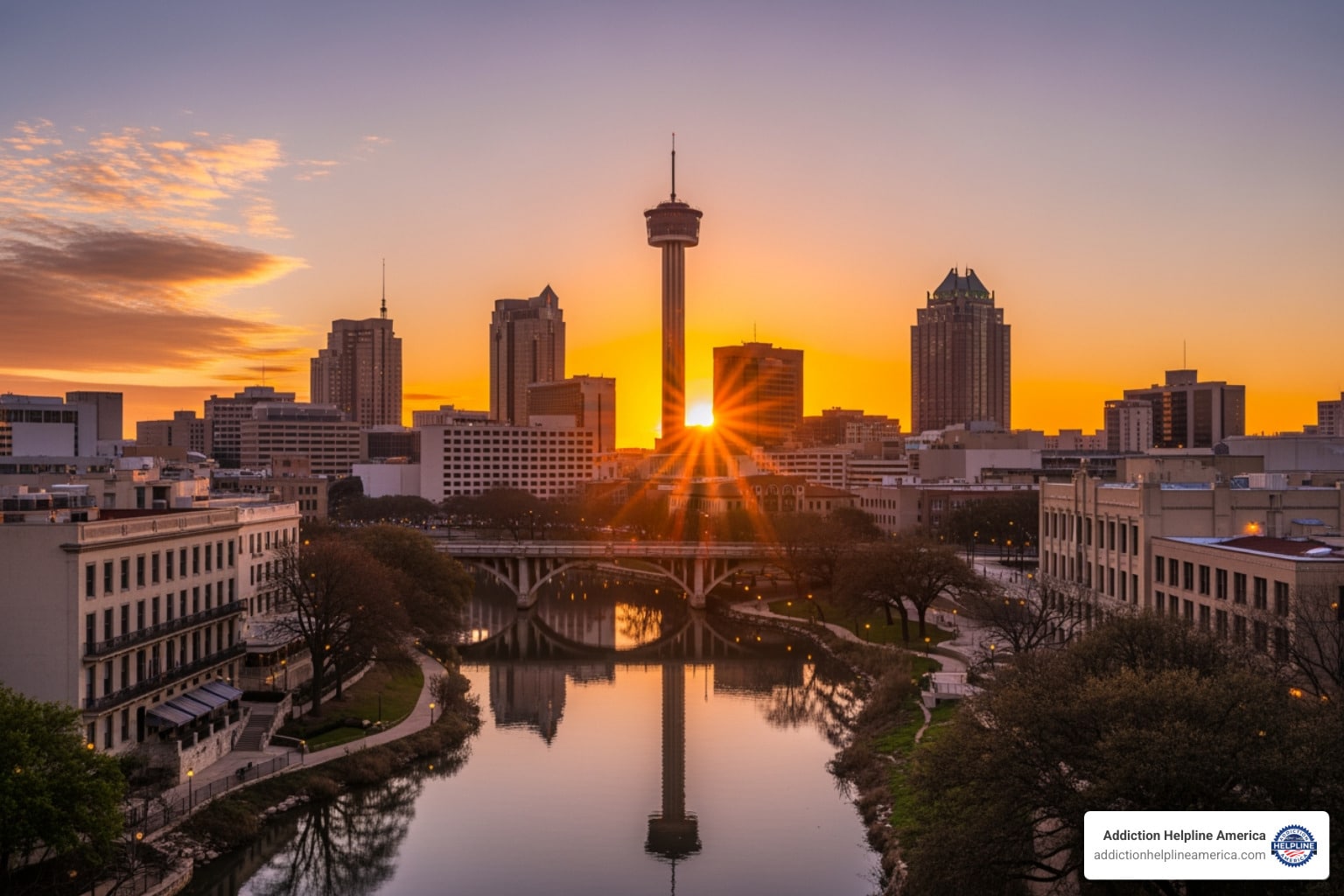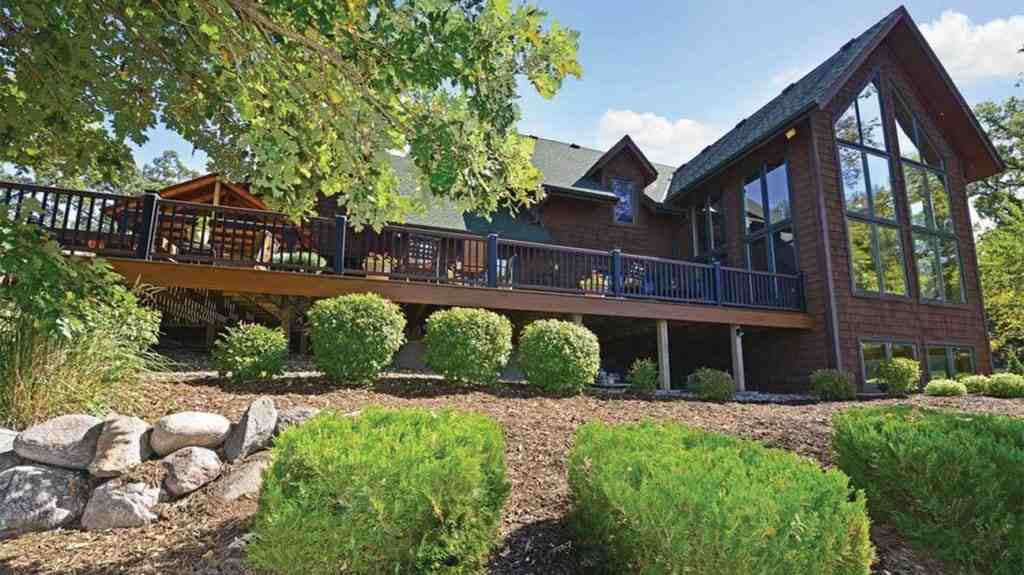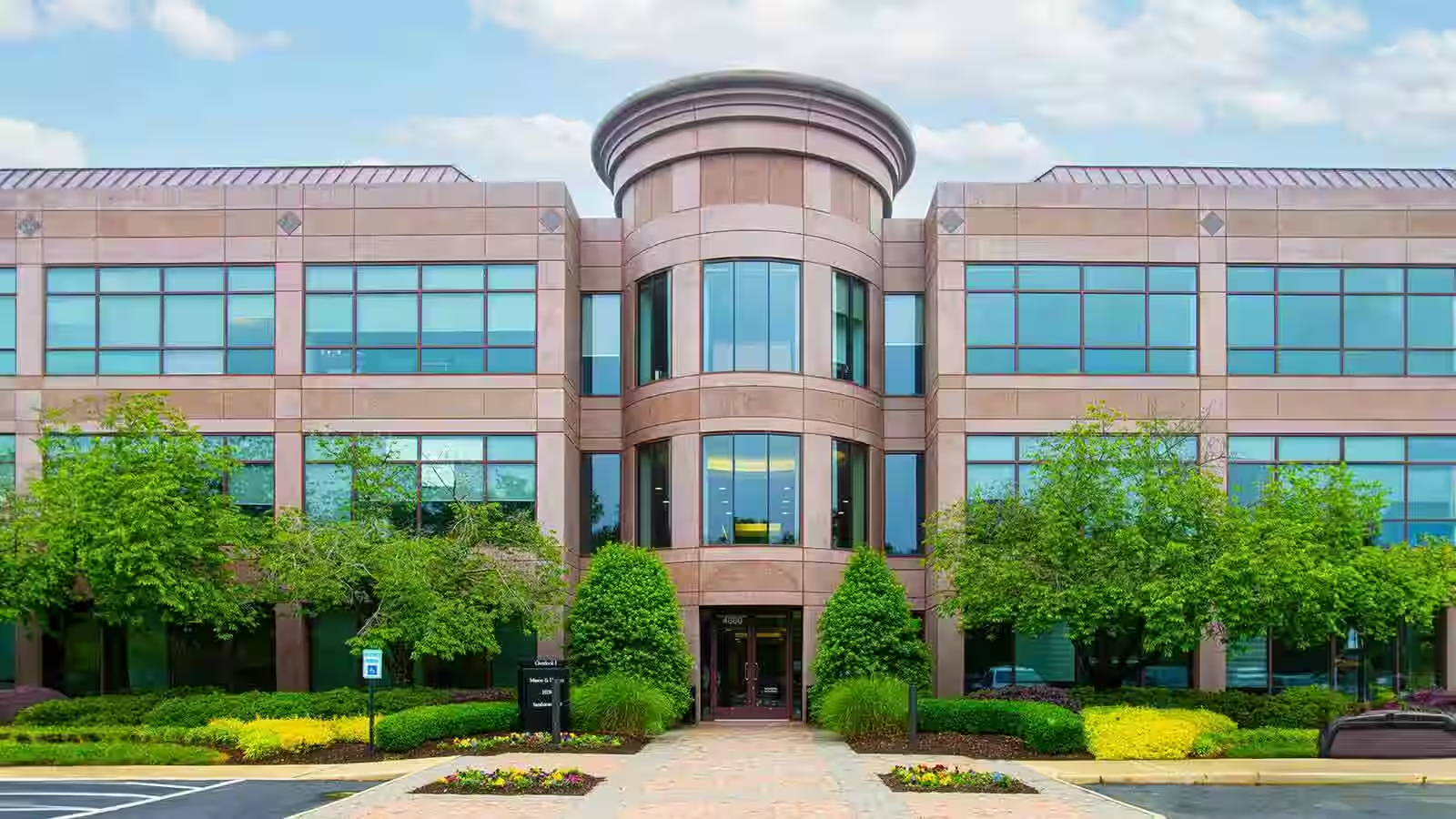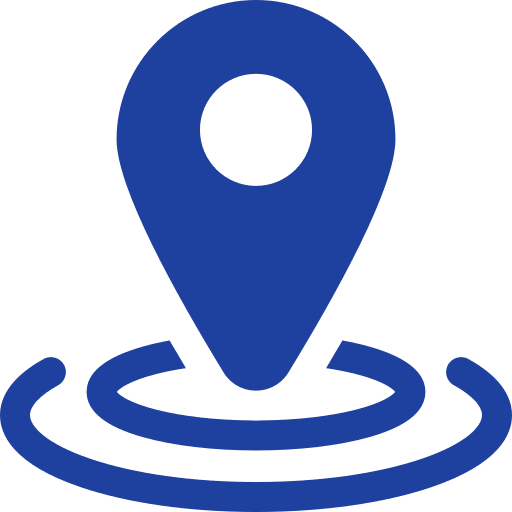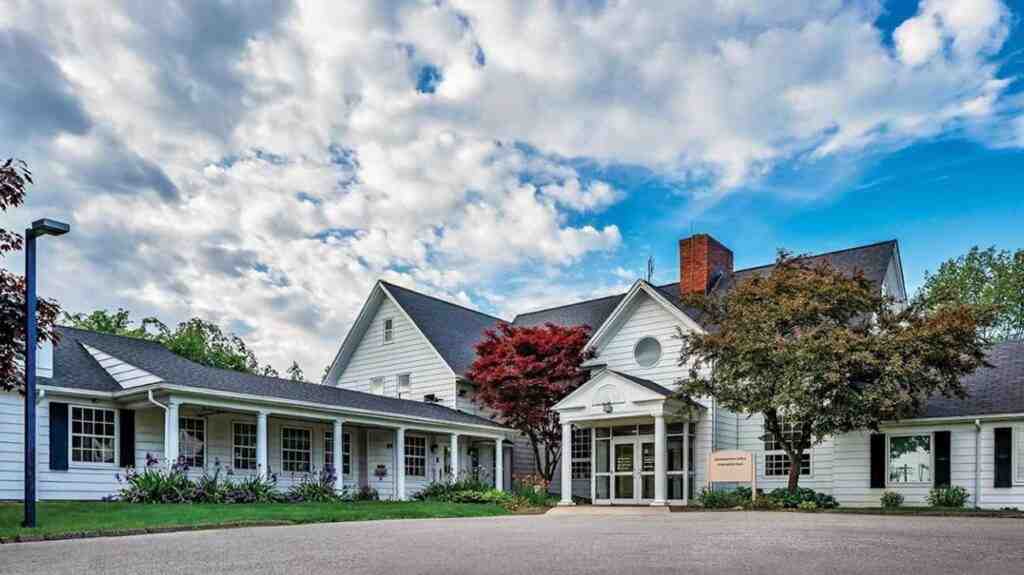
Navigating Your Path to Recovery in Michigan
Recovery programs Michigan offer a wide range of evidence-based treatment options for individuals and families affected by substance use disorders. With 505 licensed substance abuse facilities serving over 47,000 patients annually, the state provides a full continuum of care, from medical detox to outpatient therapy and long-term support.
Key Facts About Michigan Recovery Programs:
- 1 in 11 Michigan adults struggles with drug or alcohol addiction
- 505 treatment facilities across the state offering various levels of care
- Average treatment cost: $56,508 for residential programs, $1,706 for outpatient
- 40% of individuals with substance use disorders also have co-occurring mental health conditions
- Michigan’s overdose deaths decreased 5.7% in 2023 (2,826 vs. 2,998 in 2022)
- Free and low-cost options available through Medicaid, state-funded programs, and sliding-scale fees
If you’re feeling overwhelmed, you’re not alone. The path to recovery begins with understanding the types of help available in Michigan. Every person’s journey is different, and the state’s treatment system is designed to meet you where you are.
At Addiction Helpline America, we connect individuals and families with the right treatment options across Michigan that match their specific needs. Our team understands the Michigan treatment landscape and provides confidential, compassionate support to help you take that critical first step.
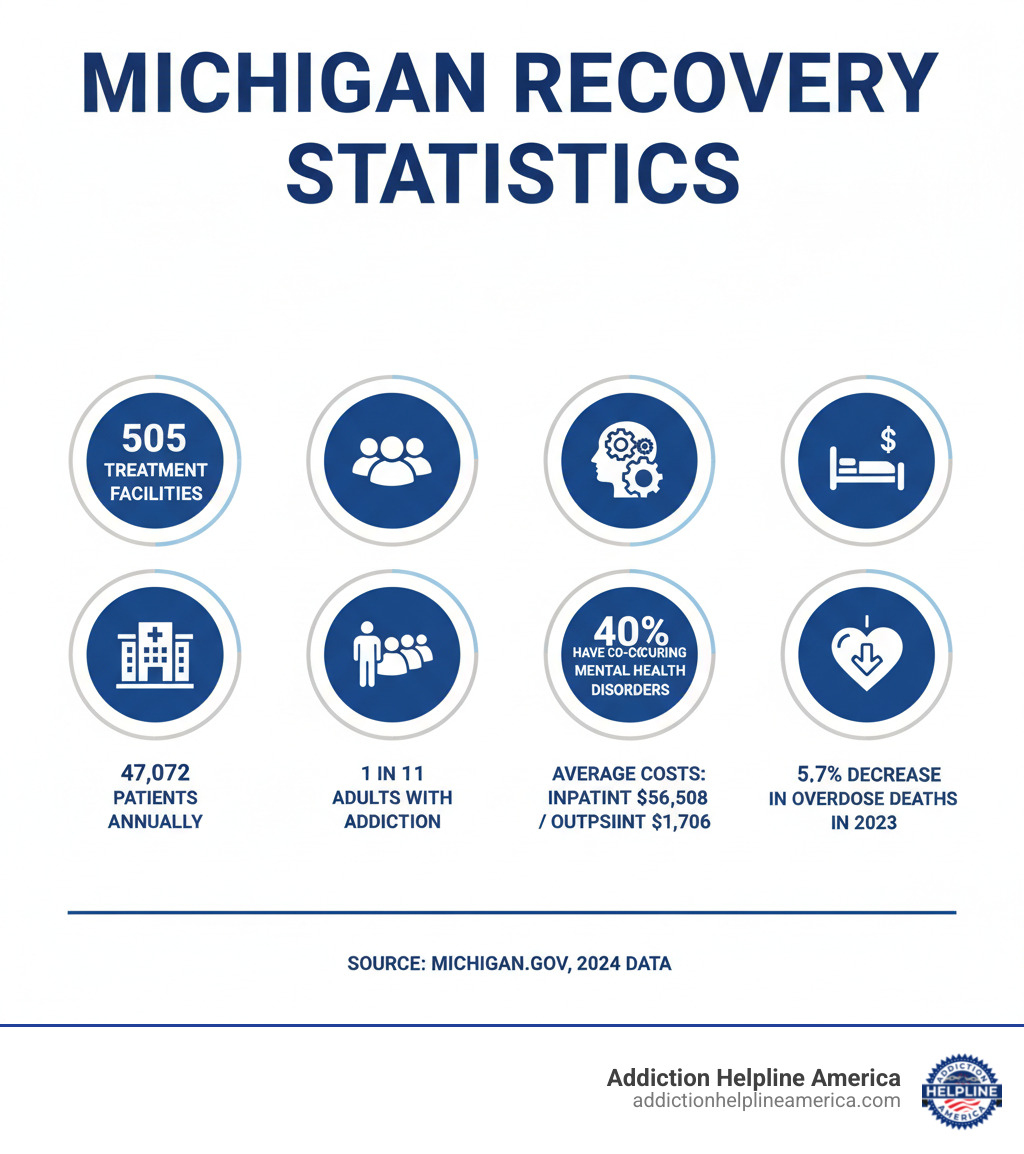
Terms related to Recovery programs Michigan:
Understanding the Levels of Addiction Care in Michigan
Recovery programs Michigan offers are designed to meet you where you are in your journey. Most centers use the ASAM criteria from the American Society of Addiction Medicine to match you with the right level of care. This creates a continuum of care, allowing you to move between different levels of support as you progress in your recovery.
Before calling, it helps to know what to ask. Our guide on what to ask when seeking drug abuse treatment can help you find the right fit.
Medical Detoxification
For many, recovery starts with medical detoxification, the process of safely removing substances from your body while managing withdrawal symptoms. Because withdrawal can be uncomfortable and even dangerous, medically supervised detox is critical. Healthcare professionals monitor you 24/7 and provide medications to ensure your safety and comfort.
Alcohol detox requires close supervision due to risks like seizures, while opioid detox often uses medication to reduce cravings and pain. Detox stabilizes your body so you can begin the deeper work of recovery. It’s the crucial first step. To medical detox options in Michigan, we can help you find facilities that prioritize your safety and comfort.
Inpatient and Residential Treatment
After detox, many people enter inpatient or residential treatment. These programs provide 24/7 care in a structured environment away from daily triggers, typically for 30 to 90 days.
Your days are filled with immersive therapy, including individual and group counseling, educational workshops, and skill-building activities. Living in a community of peers who understand your struggle creates powerful bonds and a strong support system. While the average cost without insurance is around $627.87 per day, most facilities work with insurance to significantly lower this expense.
If you’re ready for this level of care, you can explore inpatient and residential programs in Michigan to find the intensive support you need.
Outpatient Treatment Programs (PHP, IOP, OP)

Outpatient programs offer the flexibility to get treatment while maintaining your work and family life.
- Partial Hospitalization Programs (PHP): The most intensive option, requiring several hours at the facility on multiple days per week, similar to a full-time job.
- Intensive Outpatient Programs (IOP): A step down from PHP, with fewer hours of therapy per week. It’s ideal for those transitioning from residential care or needing significant support with a flexible schedule.
- Standard Outpatient (OP): The most flexible option, with one or two therapy sessions per week. It’s best for those with less severe issues or in later stages of recovery.
Outpatient care is widely available and more affordable, averaging $56.87 per day without insurance. It allows you to apply new coping skills in real-time with professional guidance. To find outpatient treatment options in Michigan that fit your life, we’re here to help.
A Deep Dive into the Types of Recovery Programs Michigan Offers
Michigan’s recovery programs include a wide variety of evidence-based and holistic therapies, recognizing that no single approach works for everyone. The state offers specialized care that can be custom to your clinical, cultural, or spiritual needs. You can explore our comprehensive overview of Michigan recovery programs to see the many available pathways.
Dual Diagnosis and Co-Occurring Disorders
Over 40% of individuals with a substance use disorder also have a co-occurring mental health condition like anxiety, depression, or PTSD. These conditions are often deeply intertwined, creating a cycle where one worsens the other.
Effective recovery requires integrated treatment for this dual diagnosis, where both the addiction and the mental health condition are treated simultaneously by a coordinated team. Many Michigan centers specialize in this approach, understanding that lasting recovery means treating the whole person. To find programs equipped for this common situation, learn about dual diagnosis treatment in Michigan.
Specialized Recovery Programs in Michigan

Michigan offers specialized recovery programs for populations facing unique challenges.
- Women-only programs provide safe spaces to address gender-specific issues like trauma, motherhood, and relationship dynamics.
- Adolescent and young adult treatment uses a different approach that considers developmental stages, family involvement, and educational needs.
- LGBTQ+ affirming care offers a culturally competent and non-judgmental environment, addressing factors like minority stress and stigma.
- Veterans programs are designed by professionals who understand the unique traumas of military service, such as combat exposure and the transition to civilian life.
Receiving care that resonates with your life experience makes recovery more sustainable. You can explore specialized recovery programs in Michigan to find a program designed for you.
Faith-Based and Holistic Recovery Programs in Michigan
For many, recovery involves healing the mind, body, and spirit.
Faith-based programs integrate spiritual guidance, prayer, and scripture into the treatment process, often building on the principles of 12-Step programs. For example, The Salvation Army Southeast Michigan Adult Rehabilitation Center offers a 180-day program combining work therapy, 12-step principles, and faith-based support.
Holistic approaches focus on overall wellness, incorporating practices like yoga, meditation, nutritional therapy, and art therapy alongside clinical treatment. The goal is not just abstinence but a genuinely fulfilling life.
Both of these recovery programs Michigan offers provide valid paths to healing. If these approaches resonate with you, discover faith-based and holistic options in Michigan that align with your values.
Finding and Paying for Treatment in Michigan
Figuring out where to go and how to pay for treatment can feel overwhelming, but Michigan has a robust system to help you find affordable, quality care. You don’t have to do it alone. For a comprehensive starting point, you can FIND A SUBSTANCE USE DISORDER PROGRAM IN MICHIGAN.
How to Find Accredited and Reputable Centers
To ensure a facility is legitimate, safe, and effective, start with these checkpoints:
- State Licensure: Verify that the program is licensed by the Michigan Department of Licensing & Regulatory Affairs (LARA). An unlicensed facility is a major red flag.
- National Accreditation: Look for accreditation from organizations like The Joint Commission or CARF. This indicates the program meets high national standards for quality and safety.
- Ask Questions: A reputable program will welcome your questions about their treatment philosophy, staff qualifications, and aftercare planning. Use SAMHSA’s guide on Seeking Drug Abuse Treatment: Know What to Ask to prepare.
Addiction Helpline America only works with accredited facilities and can help you how to choose a Michigan rehab center that fits your needs.
The Cost of Rehab and Payment Options
While the average cost of treatment in Michigan can seem high ($56,508 for a full program), there are many ways to make it affordable.
Without insurance, inpatient care averages $627.87 per day, and outpatient is $56.87 per day. However, insurance dramatically reduces these costs.
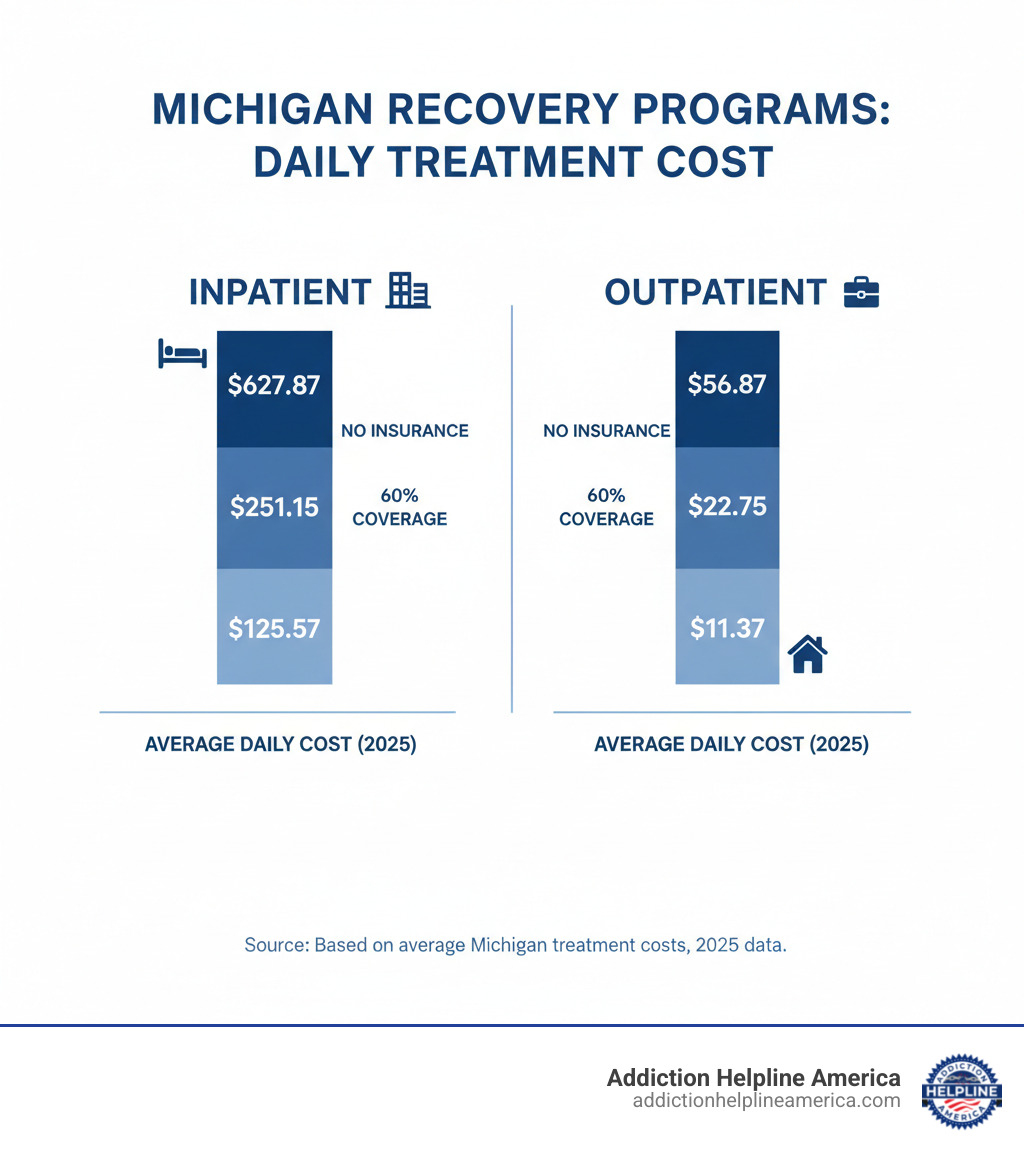
As the table shows, 80% insurance coverage can lower the daily cost to just $125.57 for inpatient and $11.37 for outpatient care.
- Private Insurance: Most plans are required by law to cover addiction treatment. We can help you verify your benefits.
- Medicaid: Michigan Medicaid and the Healthy Michigan Plan are accepted by most facilities and significantly subsidize costs.
- Self-Pay & Other Options: If you don’t have insurance, many centers offer payment plans, sliding-scale fees based on income, and access to state funding from sources like the Michigan Opioid Healing and Recovery Fund.
Cost should not be a barrier to getting help. We can help you explore all options.
State and National Resources
You are not alone. A strong network of support is available to help you.
- Addiction Helpline America 24/7 Support Line: Our confidential line is always available to connect you with local services.
- Michigan 2-1-1: Dial 2-1-1 or visit COMMUNITY RESOURCES (MI211) for a directory of local health and substance use programs.
- Prepaid Inpatient Health Plans (PIHPs): These regional entities coordinate care for Medicaid recipients.
- SAMHSA National Helpline: Call 1-800-662-HELP (4357) for free, 24/7 referrals to treatment facilities and support groups nationwide. You can also use their online locators for SAMSHA Approved Buprenorphine Physicians & Programs and the SAMHSA Opioid Treatment Program Directory.
Help is available across Michigan. For a more comprehensive list, you can find more Michigan recovery resources.
Life After Treatment: Ongoing Recovery Support in Michigan

Completing a treatment program is a major achievement, but the journey continues. Long-term recovery requires ongoing support to maintain the foundation you’ve built.
Aftercare planning is an essential part of relapse prevention. Your treatment team will create a personalized plan that may include ongoing therapy, support groups, and sober living homes. These transitional residences provide a structured, substance-free environment to help you practice new skills while regaining independence. Recovery thrives on community, and Michigan offers many resources to help you build that support network.
The Role of Support Groups
Support groups provide a space where you can connect with peers who understand your journey without judgment.
- Alcoholics Anonymous (AA) and Narcotics Anonymous (NA) are well-known 12-Step programs with meetings daily across Michigan.
- SMART Recovery is a science-based alternative focused on self-empowerment and practical tools.
- Al-Anon, Nar-Anon, and Alateen offer crucial support for family members and friends affected by a loved one’s addiction.
These groups are free and welcoming to all. To find meetings and other resources, explore support group resources in Michigan.
Community and Alumni Programs
Many treatment centers offer alumni programs to keep former clients connected through meetups, mentorship, and events.
Recovery Community Organizations (RCOs) across Michigan also offer peer-led services and organize sober recreational activities like hiking, game nights, and volunteer projects. This continued connection with a supportive community is a powerful protective factor against relapse. Your aftercare plan should include concrete steps to engage with these networks. You can learn about community support in Michigan to find programs near you.
Frequently Asked Questions about Michigan Recovery Programs
Here are answers to some of the most common questions about recovery programs Michigan offers.
How long does a typical rehab program in Michigan last?
Program duration is unique to each person and depends on factors like the severity of the addiction, co-occurring conditions, and the level of care needed.
- Residential/inpatient programs typically last 30, 60, or 90 days, though some may be longer.
- Outpatient programs are flexible. A person might attend an intensive program for several weeks or months, then transition to less frequent sessions for a year or more.
The right duration is determined by a professional assessment process to create a personalized treatment plan.
Can I be forced to go to rehab in Michigan?
Yes, under specific circumstances. Michigan has involuntary commitment laws that allow for court-ordered treatment. If an individual’s substance use makes them a danger to themselves or others, a family member or guardian can file a “concerned person’s petition” with the court.
A judge will review the evidence in a hearing. If the criteria are met, the court can mandate treatment. This legal process has safeguards to protect individual rights while addressing life-threatening addiction.
What is Medication-Assisted Treatment (MAT)?
Medication-Assisted Treatment (MAT) is an evidence-based approach that combines FDA-approved medications with counseling to treat opioid and alcohol use disorders. It is not replacing one addiction with another; it’s a method to normalize brain chemistry, reduce cravings, and manage withdrawal symptoms.
- For opioid use disorder, common medications include buprenorphine (Suboxone), methadone, and naltrexone.
- For alcohol use disorder, medications like naltrexone, acamprosate, and disulfiram are used.
The medications provide stability, allowing individuals to engage more effectively in therapy. Many recovery programs Michigan offers integrate MAT into their treatment plans.
Take the First Step Towards a New Life
Your recovery journey starts with a single, brave step forward, and you don’t have to take it alone. The fact that you are here, seeking answers, shows incredible courage.
Michigan’s network of recovery programs Michigan offers a path for everyone. With 505 licensed facilities, specialized programs, and flexible options, there is a solution that is right for you. These centers are staffed by compassionate professionals dedicated to helping people heal.
At Addiction Helpline America, our role is to be your guide. We provide free, confidential, and personalized guidance to steer your options. We’ll consider your insurance, location, and specific needs to connect you with the right program. Don’t let worries about cost or uncertainty stop you—we are experts at finding solutions.
There is no “perfect” time to seek help, but there is your time. If that time is now, we’re ready. We are available 24/7 to help you find hope for the future. A new life, free from addiction, is closer than you think.
You can find a Michigan rehab center that fits your needs today by reaching out to our compassionate team. Let’s take that first step together.
Our helpline is 100%
free & confidential
If you or someone you care about is struggling with drug or alcohol addiction, we can help you explore your recovery options. Don’t face this challenge alone—seek support from us.
Programs
Resources
Will my insurance
cover addiction
treatment?
We're ready to help
Find the best
drug or alcohol treatment
center
Are you or a loved one struggling with addiction? Call today to speak to a treatment expert.

